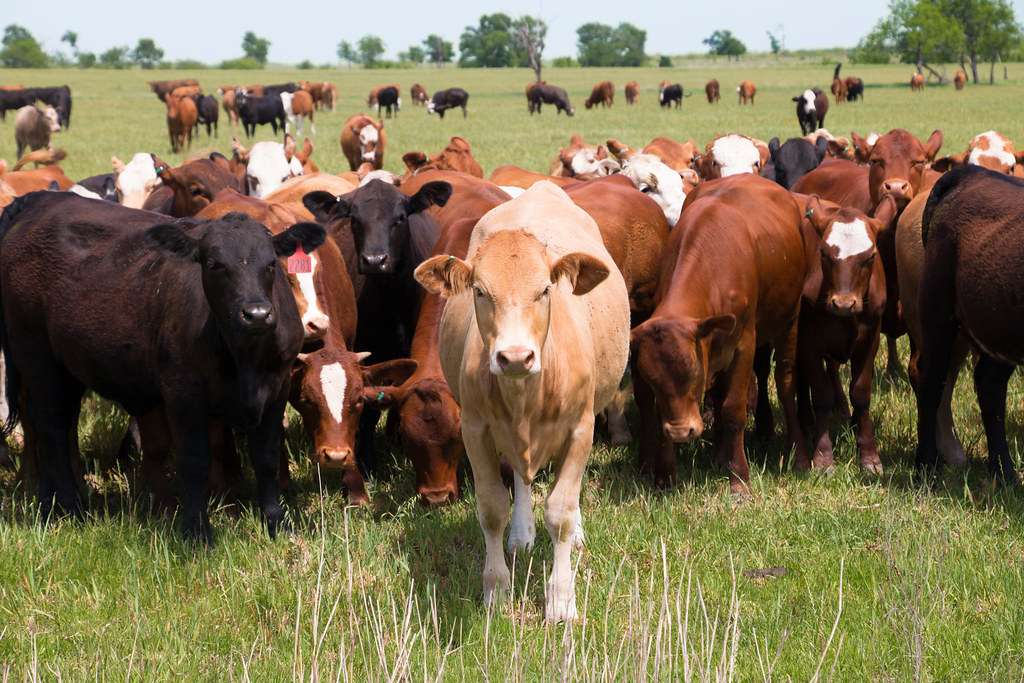France Forces Big Food Corporations To Cut Prices

Inflation is out of control. From gas to groceries, prices have skyrocketed to record highs, impacting not only consumer’s pockets, but our overall lifestyles as well. Historically, the relationship between corporations and consumers has been a contentious one that often skews to benefit big business. That’s why when a large corporation takes an L, it feels like a win for the entire working class.
In France, the government has decided to take matters into its own hands. According to Reuters, Finance Minister Bruno Le Maire believes that shoppers should pay less for food. In the announcement, Le Maire revealed that he secured a pledge from 75 major food companies to lower the cost of hundreds of products. The companies make up 80% of the foods consumed in France, and could face financial sanctions if they don’t adhere to the agreement.

Oddly enough, supermarket prices have reached record highs in the country, while the cost of raw materials used in food production has decreased thanks to improved harvesting. Following a meeting with food industry representatives, Le Maire solidified his commitment to the agreement on BFM TV, “As soon as July, prices of certain products will go down.”
“There will be checks and there will be sanctions for those who don’t abide by the rules,” Le Maire said. In particular, prices on pasta, poultry, and vegetable oil will be lowered, whereas beef, pork, and milk will remain unaffected. The rise in food costs is the main factor behind Europe’s record high inflation. From Britain to Italy, the cost of food is a concern, yet France has taken the most radical approach to pushing corporations to lower prices.

Carrefour, a popular French retailer, has even added an “anti-inflation button” to their website that shows customers more affordable options to popular go-tos — often their own store-brand products. A recent survey by Euromonitor revealed that 22% of Europeans plan to purchase more private label (or store brand) products in 2023, which is up 5% from last year.
Le Maire is taking things a step further and intends to publicly “name and shame” food companies that don’t follow through with the agreement. “On a certain number of products where wholesale prices have fallen, then the (retail) prices will have to fall too, by 2, 3, 5, maybe even 10%, “ Le Maire said, adding that he would have a full list of products affected this week.






















